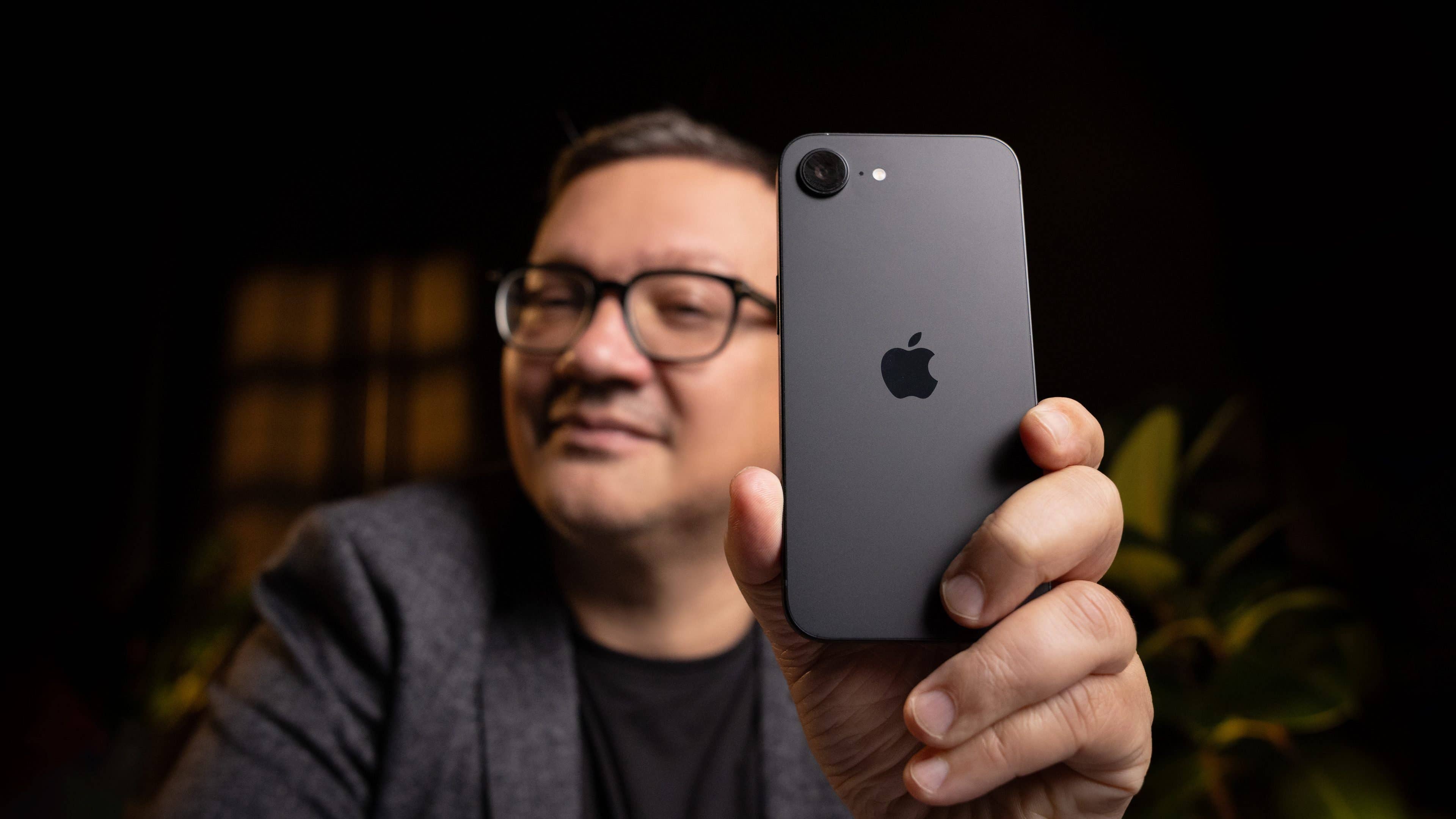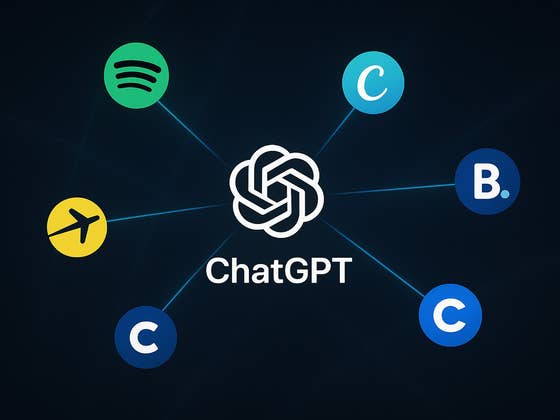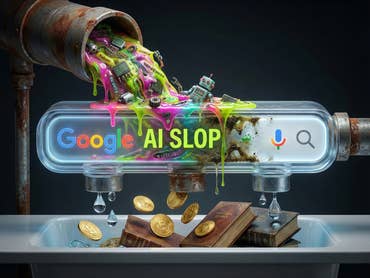What sounds like a convenient gimmick at first glance could quickly turn out to be one of the most important changes in the tech world. This is because OpenAI is opening up ChatGPT to third-party providers for the first time – and turning the pure text assistant into a platform.
Apps like Spotify are coming to ChatGPT
With the new Apps SDK (Software Development Kit), developers will be able to integrate their own mini-services into ChatGPT in the future. The first partners are already on board: in addition to Spotify and Canva, Expedia, Coursera, and Zillow have also been named. The apps run directly in the chat window and can be controlled using natural language. This means you can start a playlist, book a hotel, or open a learning module – without leaving ChatGPT. Other partners, such as Uber and Peloton, have already been announced.

Use should remain as simple as it is secure: When you start an app for the first time, you will be asked whether and which data may be shared. If you connect Spotify, for example, you can specify whether ChatGPT can play songs or only display playlists. The first app links are already active in the USA, but it will probably be a while before you can use them in Europe due to regulatory changes.
Will ChatGPT become a “super” app, a new kind of operating system?
It will be interesting to see what this step means in the long term. ChatGPT is transforming from an AI tool into a control center for digital services – in principle, a new operating system that relies on voice rather than icons. In the future, if you say “Book me a hotel in Berlin” and ChatGPT uses Expedia to do so, it no longer matters which app is running in the background. It disappears – or rather: it becomes invisible.
This is a clever move for OpenAI. The company is moving closer to the interface between users and the service, i.e., where Apple, Google, or Meta previously held sway. It’s a little reminiscent of WeChat in China, or Elon Musk’s idea of developing X into an “app for everything”. The difference: Spotify etc. will of course remain their own apps, but will be less visible in the future. And what impact will all this have on you? It should mean that everyday life with ChatGPT will be even more seamless and convenient – a playlist can be created quickly by voice. But it also means that you will be able to rely even more on a central AI hub in the future.
Also newly presented
In addition to app integration, OpenAI also showcased other innovations at Dev Day. With AgentKit, developers will be able to build their own AI agents that perform tasks automatically – such as controlling workflows or interacting with multiple apps. There’s also a revised ChatGPT experience with better memory, smoother contextual understanding, and faster response times.
- You may also like to read: Ingenious function now available: ChatGPT can now do even more
The new monetization option for app developers was also announced: Anyone who builds particularly useful mini-services will be able to offer them via a central app directory in the future, creating something like a dedicated app store for Chat.
The most exciting thing, however, is the integration of third-party apps into ChatGPT. We will be keeping a close eye on how this is received by you and how it affects the app cosmos as a whole.





